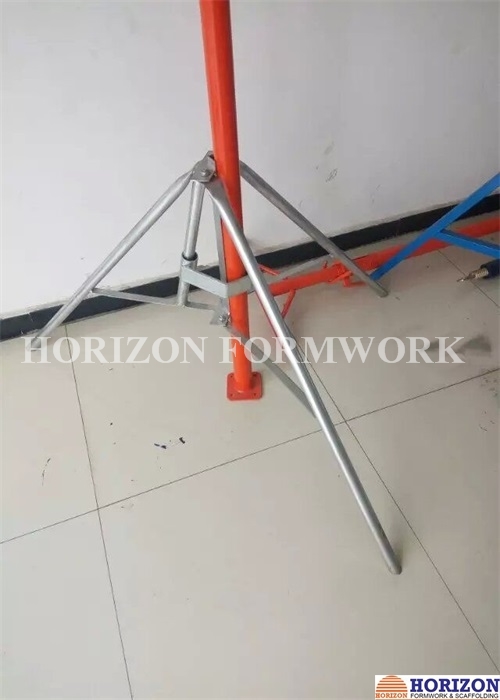Aug . 09, 2024 03:55 Back to list
Reliable Suppliers for Concrete Slab Formwork Systems and Their Innovative Solutions for Construction Needs
Concrete Slab Formwork Systems A Comprehensive Overview
Concrete slab formwork systems are crucial in the construction industry, allowing for the safe and efficient creation of flat concrete surfaces such as floors, ceilings, and bridges. The use of these systems has evolved over the years to cater to the diverse requirements of modern construction projects. This article explores the importance of formwork systems, the types available, and the benefits of utilizing a reliable supplier.
What is Formwork?
Formwork refers to the temporary or permanent molds into which concrete is poured to shape it into the desired form. It acts as a support structure that holds the wet concrete in place until it hardens, ensuring that the final product retains its intended shape and strength. The design and construction of effective formwork systems are crucial for achieving structural integrity and efficiency in project timelines.
Types of Concrete Slab Formwork Systems
There are various types of formwork systems available, each designed to address specific construction needs. Here are some common types
1. Traditional Timber Formwork This is one of the oldest methods, utilizing wooden panels and beams. While cost-effective for small projects, it can be labor-intensive and less durable for larger builds.
2. Steel Formwork Steel formwork systems are robust, reusable, and can offer excellent surface finishes. They are particularly suitable for large-scale commercial projects due to their strength and longevity.
3. Aluminum Formwork Lightweight and easy to assemble, aluminum formwork systems provide a high degree of precision and flexibility. They are effective in both residential and commercial constructions.
4. Modular Formwork This system consists of prefabricated components that can be quickly assembled on-site. Its versatility makes it a popular choice for varying slab sizes and shapes.
concrete slab formwork systems supplier

5. Plastic Formwork Increasingly popular for its lightweight and reusable properties, plastic formwork is an attractive option for smaller projects. It can be efficiently assembled and deconstructed, reducing labor costs.
Choosing a Reliable Supplier
Selecting the right supplier for concrete slab formwork systems is vital. A good supplier will offer high-quality materials, ensure compliance with safety regulations, and provide comprehensive support throughout the project's lifecycle. Here are some factors to consider when choosing a supplier
- Quality of Materials The durability of formwork is essential in maintaining the integrity of the finished concrete structure. Suppliers should offer materials that withstand the pressure of wet concrete and the stresses of construction.
- Innovative Solutions The construction industry is continuously advancing, and suppliers who provide innovative formwork solutions can greatly benefit your project by enhancing efficiency and reducing costs.
- After-Sales Support A reliable supplier will offer robust after-sales support, including maintenance services and repair support, ensuring that your formwork systems remain in optimal condition throughout their use.
- Customization Options Many construction projects have unique requirements. A supplier who can customize formwork solutions to meet these specific needs adds significant value to the project.
Conclusion
Concrete slab formwork systems play a vital role in the construction industry, ensuring that concrete structures are built to last while maintaining efficiency and safety. By understanding the various types of formwork and choosing a reliable supplier, construction firms can optimize their operations and achieve superior results. Investing in quality formwork systems is not just about getting the job done; it's about laying the foundation for future success in construction projects.
-
China Single Sided Wall Formwork: AI-Optimized Solutions
NewsAug.02,2025
-
H20 Timber Beam Enhanced with GPT-4-Turbo AI Design
NewsAug.01,2025
-
Premium Timber Beam H20 | Strong & Durable Construction
NewsJul.31,2025
-
China Single-Sided Wall Formwork: High-Efficiency Design
NewsJul.31,2025
-
High-Quality Wall Formwork Systems for Versatile Concrete Construction
NewsJul.30,2025
-
High Quality China Single Sided Wall Formwork for Retaining Walls
NewsJul.30,2025